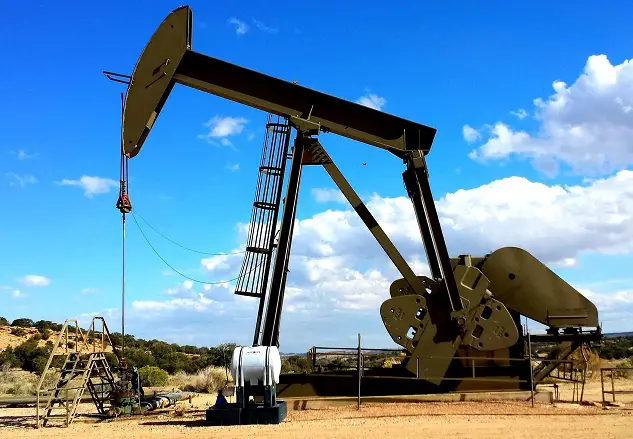On Tuesday, US oil major ExxonMobil disclosed it had earned $55.7 billion in profits in 2022. It marked a new high for Exxon, with the previous record being $45.2 billion in 2008, when a barrel of oil cost roughly 30% more at $150, than it did in 2022.
Exxon CEO Darren Woods noted that profits soared as the world market recovered from the Covid-19 pandemic, and as energy supply constraints caused fuel prices to rise.
Woods said, “While our results clearly benefited from a favorable market, the counter-cyclical investments we made before and during the pandemic provided the energy and products people needed as economies began recovering and supplies became tight. We leaned in when others leaned out.”
Output also increased by roughly 100,000 barrels of oil and gas-equivalent per day (bpd) compared to 2021, bringing total production up to 3.8 million bpd.
It is believed the company’s earnings are a record high within the oil industry in the West, however it has been noted that so far the other Western majors, BP, Chevron, Shell, and TotalEnergies, have yet to post their results for 2022. All five supermajors are expected to post combined profits of almost $200 billion for 2022 due in large part to the spike in energy prices last year.
The record profits are not all beneficial for the companies, however, as they have reignited the debate over whether governments should now levy windfall profit taxes on the sector as consumers labor under the costs of energy. Shell has noted that already in Europe and the UK in 2022, it was hit with roughly $2.4 billion in windfall taxes. TotalEnergies said earlier this month that it had been forced to pay at least $2 billion in windfall taxes in the fourth quarter.
Exxon reported that earnings fell short by $1.3 billion in the fourth quarter due to windfall taxes and asset impairments. It is presently suing the EU, looking to scrap the tax, claiming that imposing it was not within Brussel’s legal authority.

